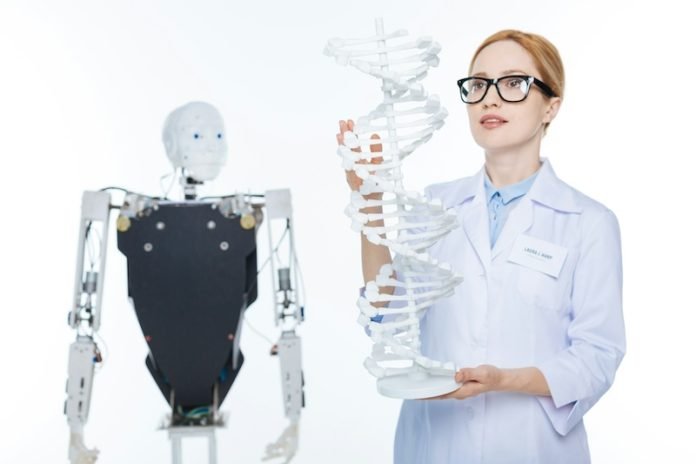
A team from UC Davis Health is pioneering the use of machine learning to predict liver cancer risk more accurately.
Their new work focuses on identifying patients at risk of developing hepatocellular carcinoma (HCC), a common type of liver cancer, especially among individuals with metabolic dysfunction-associated steatotic liver disease (MASLD), previously known as nonalcoholic fatty liver disease (NAFLD).
MASLD is a stealthy condition often linked with metabolic issues like type 2 diabetes, characterized by fat accumulation in the liver.
It affects roughly 25% of Americans, making it a widespread health concern. The challenge with MASLD is its silent progression towards HCC, making early detection and intervention crucial.
The UC Davis team, blending clinical expertise with data science, has developed a machine-learning model that sifts through patient data to pinpoint those at higher risk of transitioning from MASLD to HCC.
This approach aims to equip physicians with the tools needed for early, personalized care, potentially saving lives by catching cancer sooner.
Their research, detailed in Gastro Hep Advances, involved training various machine-learning algorithms with health data from over 1,500 patients, identifying key risk factors for HCC.
The most accurate model used an algorithm called Gradient Boosted Trees, achieving an impressive 92.12% accuracy in predicting HCC risk.
This model highlights not only the well-known risk factor of advanced liver fibrosis but also other significant indicators such as high cholesterol, hypertension, and specific liver enzymes.
What sets this study apart is its potential to change how patients with MASLD are monitored. Typically, those considered low risk, based on existing guidelines, might not receive further testing.
However, this new model reveals that even some “low risk” patients could be on the path to developing HCC, suggesting they too should undergo more thorough screening.
Looking ahead, the team plans to refine their model by integrating more nuanced data, like clinical notes, through natural language processing—a form of AI that interprets written text.
They’re also exploring the use of Amazon’s generative AI platform, Bedrock, to enhance their predictions. The ultimate goal is to incorporate this model into electronic health records or a dedicated platform, alerting physicians to patients who need closer observation for HCC risk.
This innovative approach to predicting liver cancer risk is a significant step forward in personalized medicine, offering hope for more effective screening and early intervention strategies for those at risk of HCC due to MASLD.
If you care about liver health, please read studies about Healthy liver, happy life: new advice for keeping your liver in top shape and findings of Ibuprofen may have significant impact on the liver.
For more information about liver health, please see recent studies about Eating right to tackle fatty liver disease: a diet review and results showing that Top foods for natural liver detox.
The research findings can be found in Gastro Hep Advances.
Copyright © 2024 Knowridge Science Report. All rights reserved.



